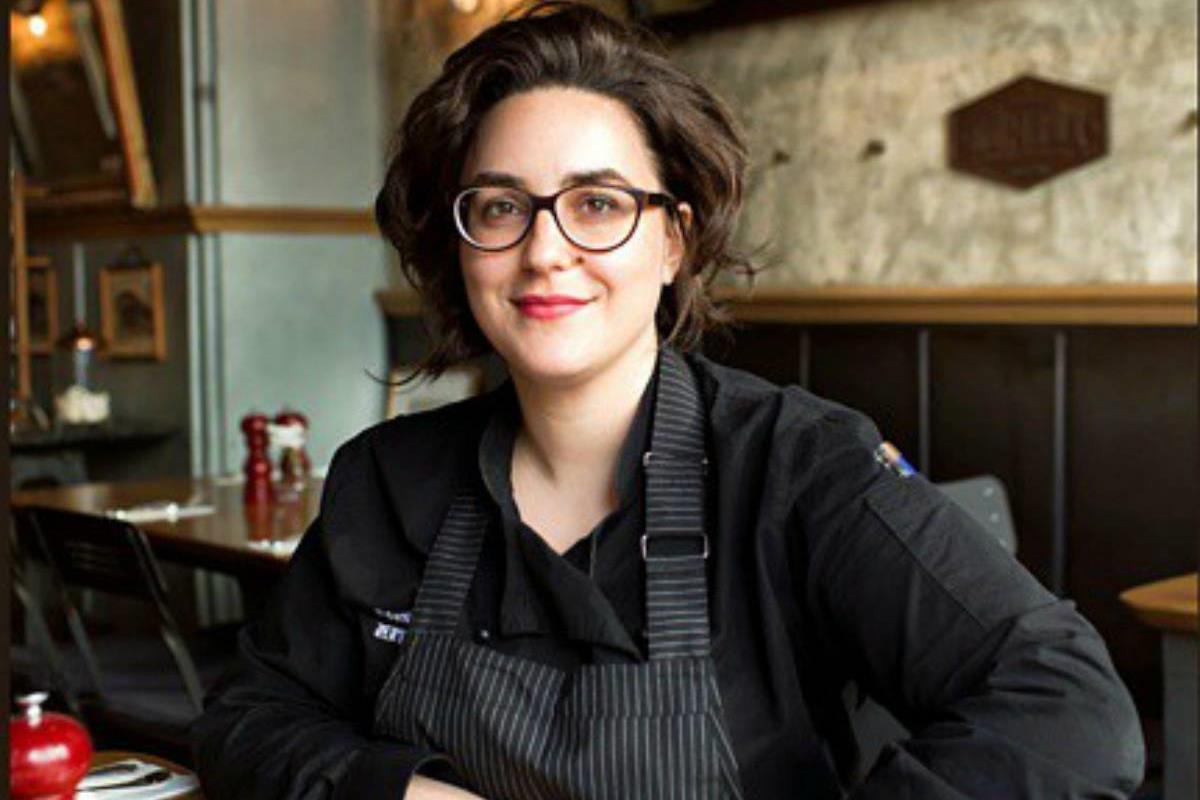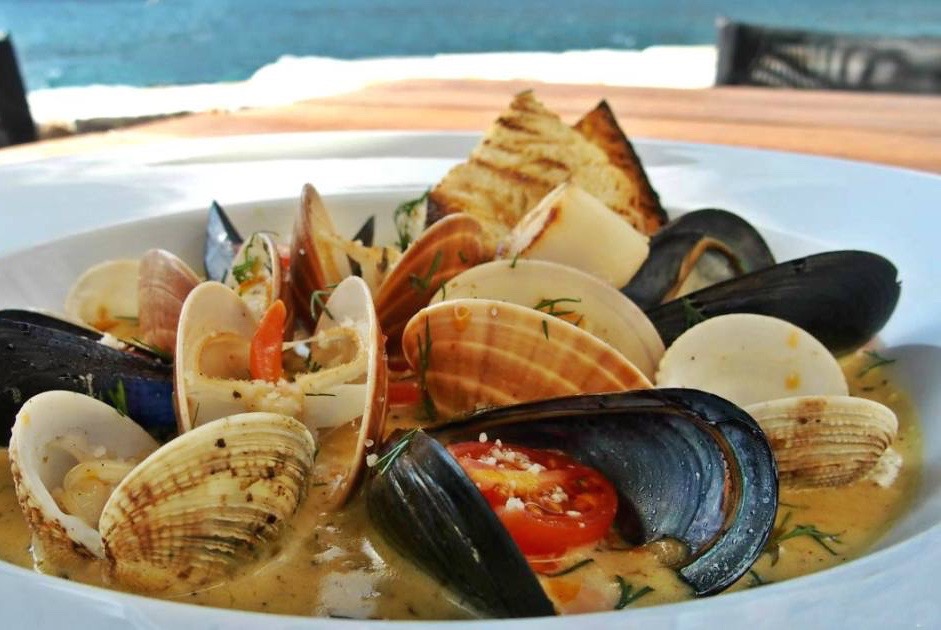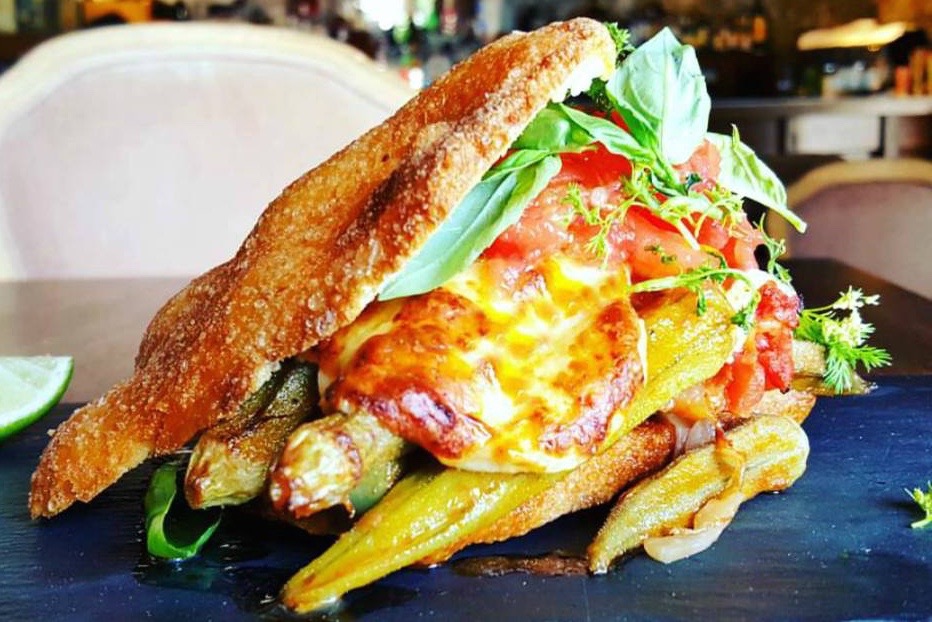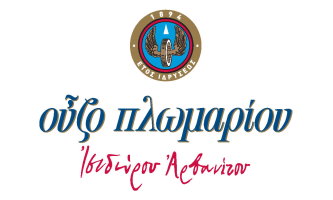Η Stavriani Zervakakou, 35 years old, surprises you with her cooking dishes, but also with her shiny and rich speech. When she speaks, she expresses passion and emotion, with the references to her origin - Vera Maniatissa - and the memories of her childhood to give the stigma of the irresistible love that unites her with yesterday while she cooks tomorrow.
Today he is a chef at hotel Kyrimai of Alexandros and Aris Kyrimi, in Gerolimenas of Mani.
You were born: I was born in Athens in October 81, but although half Athenian, we were never given the time for an in-depth acquaintance with my city.
Childhood memories: I spent little time with my parents, because I preferred the company of my childless aunts - my very grandmother's cousins - who were constantly in the heat of cooking, food preparation and a fierce search for fine ingredients. Instead of playing with my classmates, we ran to pick coumaras in a deserted area outside Tripoli, we picked our olives at the end of November in Mani, we poured for wild grass and onions in the spring, we passed incessantly from Trachia to pre. Nafplio to drown the trunk of Iria artichokes etc.
Children's favorite food: I have tasted so much food from the hands of these women, that it is difficult for me to crown any of them as the most delicious. I will definitely never forget the snails on the plate with mint and dill and its renaissance juice that gave me indomitable waves of pleasure. My father was shocked by the snail mania that had taken hold of me and to persuade me to stop eating, he told me that they were alive in my stomach and that they would eat my life. I did not stop, but because of the doubt he had created for me, after each snail I ate, I drank a glass of water to drown it in the pool of my stomach. I was not over 7 years old.
Studies: I studied at the Aristotle University \ Balkan History, did a postgraduate course in International Relations with a specialization in Greek-Turkish at Istanbul Bilgi University in Constantinople and graduated from the Istanbul Culinary Institute with a scholarship.
When did you feel that you would dedicate yourself to cooking: After the regular annual visit to my gynecologist, his assistant on leaving the doctor's office asks my profession, to fill in the payment receipt. Every year I told her something different, always with hesitation. The day came when I told her ruthlessly cook and I was freed forever from the Golgotha of identity.
(Pie pulled with okra plate in the oven with the fat from the conch, with dried coriander and roasted dry mulberry)
Cooks who influenced your cooking: I did not happen to work with an intelligent tasty cook, so that I could bring his influences to my own dishes. I hope it happens to me soon, I need it.
Images or events that inspired you: Inspiration comes unsuspectingly and effortlessly. A movie like Fellini's 'Roma', where the whole neighborhood eats at the restaurant on the street, with pots full of snail coming and going, spaghetti sliding into the esophagus like salamanders among the stones, musicians playing from table to table, the children say curses they hear in the house and put mom in a difficult position, the handsome man in the neighborhood stuffed with carbonara invites his own, who watches the scene from her balcony to let the Nazis go and go down right now .
Where did you work: My first job was as a private cook at the villa of a well-known seamstress in Constantinople, who after six months died (not due to food, he had advanced cancer), then I was hired by a guy who had a bistro under his tower Milk, while working there I had a proposal from FerahFeza and while I was temporarily anchored there, one of the most influential and important chefs in Turkey asks me to take over from scratch a restaurant in the heart of the city, Karaköy Gümrük. Now my new 'home' is Kirimai, in Gerolimenas.
Materials you love: The materials I use are strictly seasonal and domestic, I did the same in Turkey. I prefer to tell the customer that today I do not have a tomato salad, than to serve him a Polish tomato. Syglino, from a specific producer, however, is one of my jacks. It has a dreamy sage aroma and a strong character, but above all it has an identity and taste is widely recognizable. Then I love the salt of the Castle of Mani, whose flake when melted on the tongue, is like licking the foam of the sea. And after the olive oil, the starting point of the memory of my childhood, which is not just a material, but the soul of my kitchen.
Philosophy of your kitchen: Locality and seasonality are the basic principles of my kitchen philosophy, rigid at the moment. Then, the taste, which comes through the well-chosen ingredients, but also from the taste identity of the cook. I admire an impressively set dish, but only the taste can captivate me.
Dishes you created, loved and left traces: There are many dishes that I loved and few identify with the ones that the majority loves. Bread and fish are one of the few, inspired by the street food of Constantinople. Toast with garlic butter, caramelized onion, freshly boiled greens with mustard lemon oil, slices of syglino passed through the grill just to get the fragrant fat and on top of all a juicy whitefish fillet with crispy. Of course accompanied by homemade pickled melon.
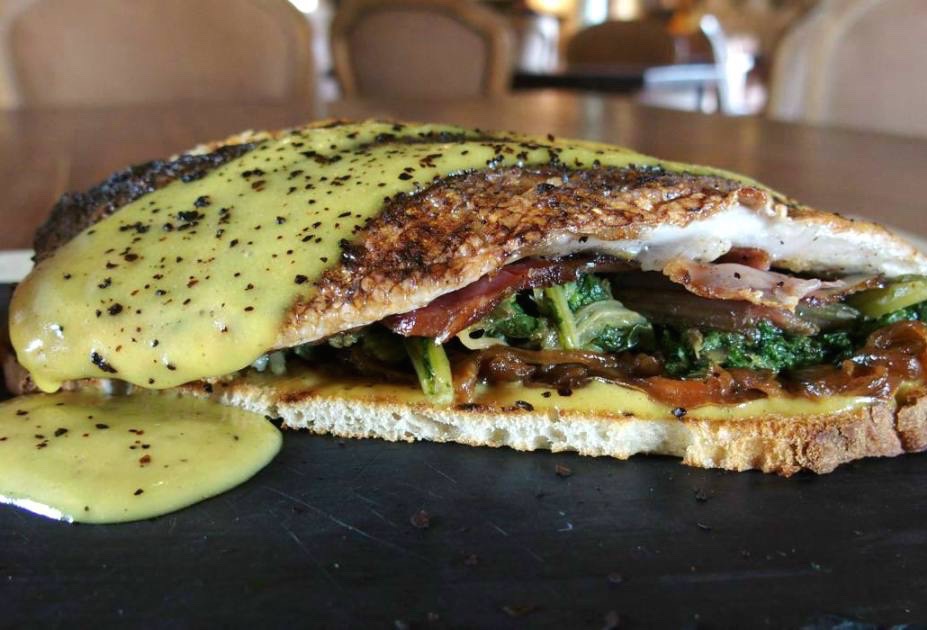
(Toasted bread with garlic butter, caramelized onion, freshly boiled greens with mustard lemon oil, slices convergently passed through the grill just to get the fragrant fat and on all of them a juicy whitefish fillet with tragan)
The role of locality in food: The kitchen that uses local ingredients is fresher, more lively, has an identity, is ecologically aware, adds meaning to the culinary creation, creates cooperatives, builds the economy.
Greek cuisine today: Because I have been away from Greece for 11 years and the return is still fresh, I do not have a mixed opinion about Greek cuisine today, while on the contrary I have about Turkish.
Greek gastronomy in the face of the crisis: Again I will be hesitant, because my knowledge here is limited to what I read and hear. What I can say is that there is vigilance, vision and effort from many.
How would you like to be considered: I'm not sure how I would like to be considered, I must first settle on how I would like to be considered.
An unforgettable moment: At a funeral table in Mani, where I accompanied my grandmother, a plate loaded with thick spaghetti, which had been burnt with Mani mizithra (holly mader ob gand), landed in front of me, and on top of it, he posed like a cannon in a Maniatic tower loom. . Of course, what disturbed me was not the dish, we also cooked it at home. The thing was that the knitted sauce contained other aromas that I had never encountered before: weird little and fragrant balls, allspice! Yes, these will follow me forever. I went to primary school then, Monday, or Tuesday…
Dreams of gastronomic content: I can not distinguish life dreams from those of gastronomic content. They are inextricably linked. I hope to be able to go out of the 4-wall kitchen and finally write the missing book from the unexplored Mani gastronomy. I want to see olive oil cooperatives created, restored and the mills of Mesa Mani start working again. To start cultivating again this Mani black wheat of unique taste, as Evi Voutsina called it in one of her books. To collaborate with cooks and scientists and to push nutrition and Greek gastronomy as a subject in schools. Let me stop here though.
Farewell: It's not mine, but I identify: “Seize the moment. Remember all those women on the 'Titanic' who waved off the dessert cart. "

